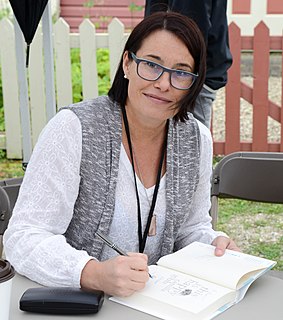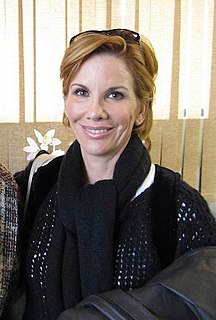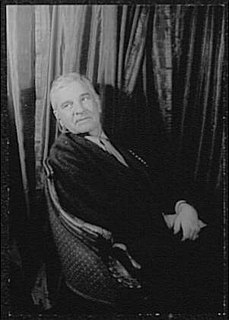A Quote by Camilla Gibb
Once you step inside, history has to be rewritten to include you. A fiction develops a story that weaves you into the social fabric, giving you roots and a local identity. You are assimilated, and in erasing your differences and making you one of their own, the community can maintain belief in its wholeness and purity. After two or three generations, nobody remembers the story is fiction. It has become fact. And this is how history is made.
Related Quotes
My mother, whom I love dearly, has continually revised my life story within the context of a complicated family history that includes more than the usual share of divorce, step-children, dysfunction, and obfuscation. I've spent most of my adult life attempting to deconstruct that history and separate fact from fiction.
Fiction and nonfiction are not so easily divided. Fiction may not be real, but it's true; it goes beyond the garland of facts to get to emotional and psychological truths. As for nonfiction, for history, it may be real, but its truth is slippery, hard to access, with no fixed meaning bolted to it. If history doesn't become story, it dies to everyone except the historian.
Science fiction is the most important literature in the history of the world, because it's the history of ideas, the history of our civilization birthing itself. ...Science fiction is central to everything we've ever done, and people who make fun of science fiction writers don't know what they're talking about.
History is the art of making an argument about the past by telling a story accountable to evidence. In the writing of history, a story without an argument fades into antiquarianism; an argument without a story risks pedantry. Writing history requires empathy, inquiry, and debate. It requires forswearing condescension, cant, and nostalgia. The past isn’t quaint. Much of it, in fact, is bleak.
I define science fiction as the art of the possible. Fantasy is the art of the impossible. Science fiction, again, is the history of ideas, and they're always ideas that work themselves out and become real and happen in the world. And fantasy comes along and says, 'We're going to break all the laws of physics.' ... Most people don't realize it, but the series of films which have made more money than any other series of films in the history of the universe is the James Bond series. They're all science fiction, too - romantic, adventurous, frivolous, fantastic science fiction!




































